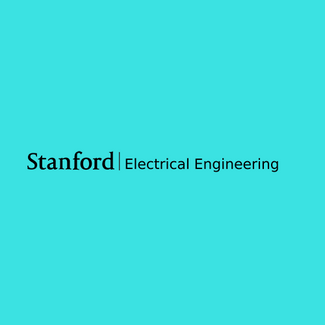
GLAM Special Seminar: Data-centric learning of Quantum Many-body States with Classical Machines
McCullough 335
Decades of efforts by the quantum matter research community drove a "data revolution.” Modern experimental modalities produce high-dimensional data in large volumes. Unprecedented control and new facilities imply new dimensions and new knobs, such as time-resolved probing or scanning probing. Moreover, through recent advances in quantum simulators, quantum many-body dynamics can be simulated in various quantum computing platforms. Such many-body states are probed through projective measurements resulting in bit-strings that reside in exponentially large dimensional space.
I will discuss how to learn the nature of quantum many-body states encoded in the data of the new era through data-centric approaches using machine learning. Ultimately, such "learning" should aim to accelerate discoveries and gain new insights. A synergy between data science and quantum matter physics is essential for this. I will present cases of fruitful collaborations that led to new insights and started to shape an approach to datasets of the new era.